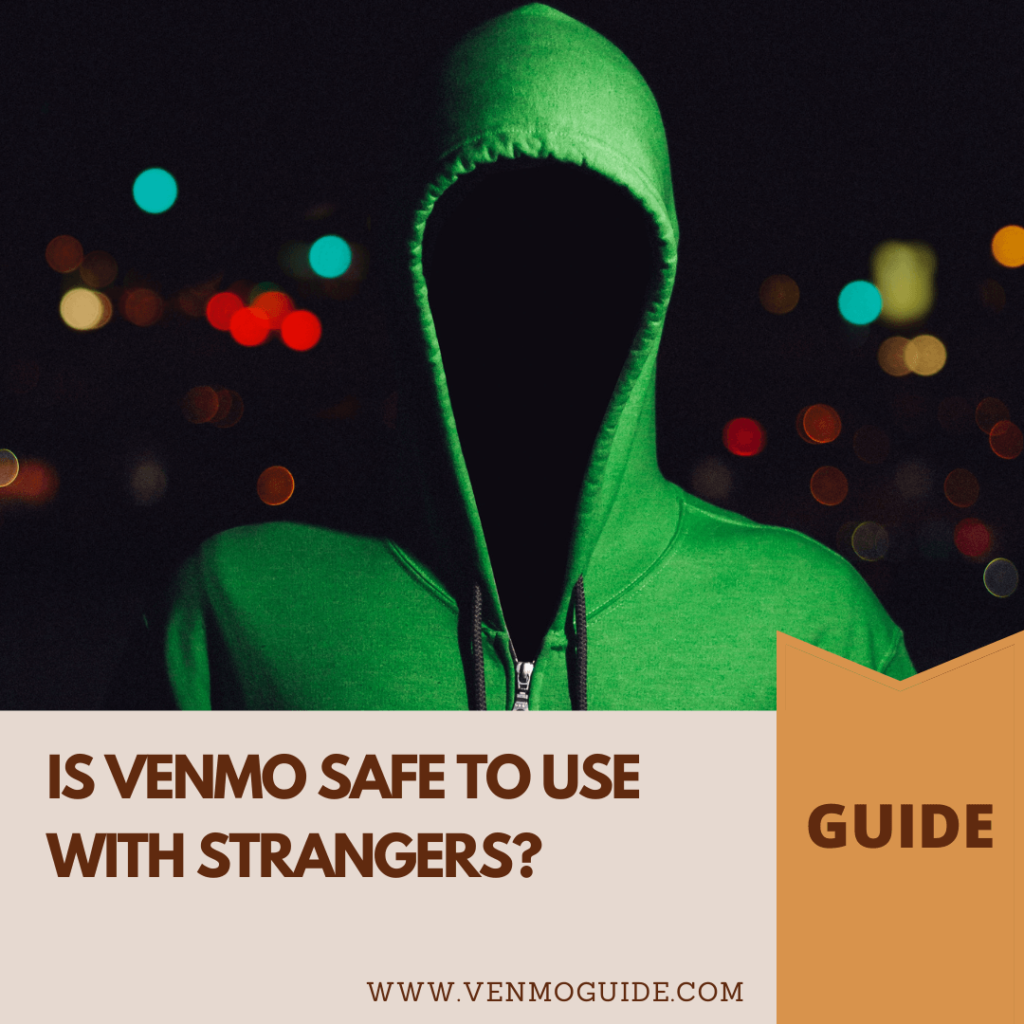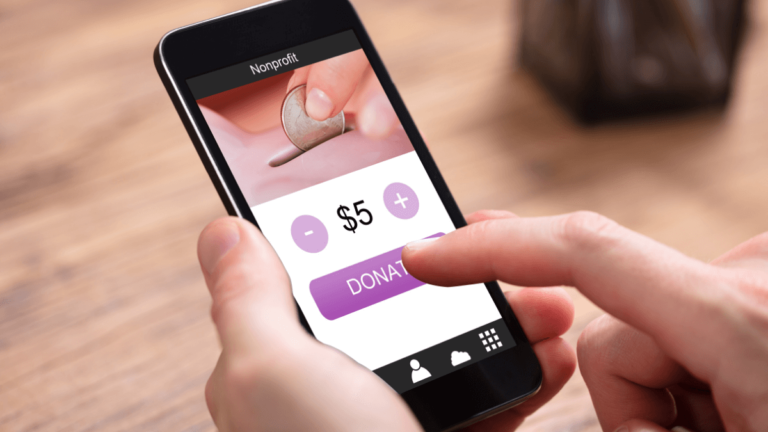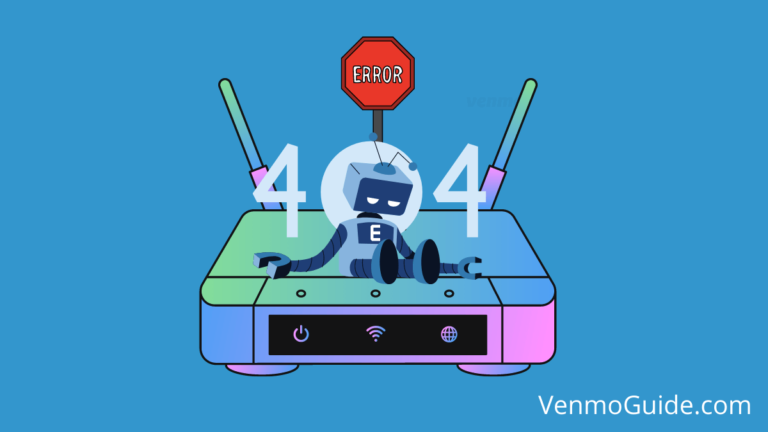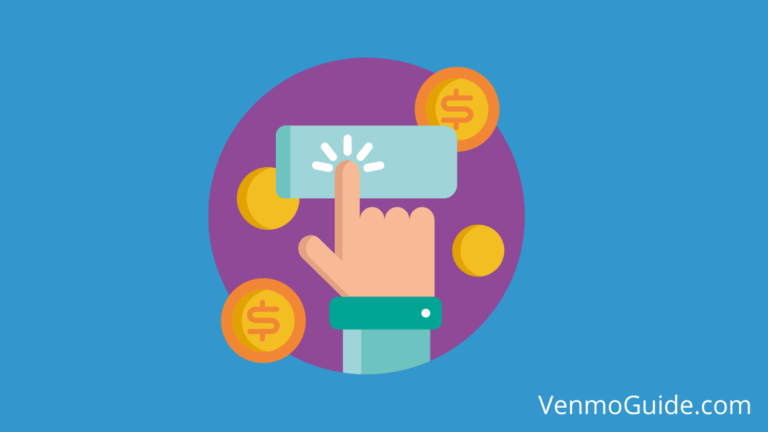Is It Safe to Use Venmo With Strangers?
Yes, Venmo is safe to use with strangers for the most part when you use it to send and receive money if it ticks certain criteria. Venmo uses end-to-end encryption to secure your data.
But, remember, No system is completely risk-free—So it is recommended to use Venmo to pay people you know and trust.
Can you use Venmo with strangers without worrying about your privacy or security issues? Continue reading to know if Venmo is safe to use with strangers.
Venmo is a fantastic tool that’s made our daily transactions easier. But when we see a new technology that handles money, the first thing we think of is, “How secure is this?” It’s an understandable concern, as a platform that controls our money may be used to take it all away.
Read: Is Venmo Safe for Buyers? Yes and No, Here’s Why

Is Venmo Safe to Use With Strangers?
You can use Venmo with Strangers and while Venmo hopes to safely support transactions with strangers in the future, at the moment, we don’t recommend that you use it with strangers. Venmo was designed to enable transactions between people who know and trust each other, not strangers.
The exception to this is business profiles, which are safe.
Still, you may wonder what renders transactions with strangers on Venmo unsafe. What scams could they pull? These are all questions we address below.
Can a Stranger Scam You on Venmo?
Amidst Venmo’s well-meaning users, there’s a small horde of scammers trying to exploit people for an easy buck.
This phenomenon isn’t exclusive to Venmo, as you’ll see the likes of those scammers on any popular platform, such as Facebook, Instagram, or even email.
Also, scammers typically have more than one tool and trick up their sleeves instead of relying on one platform to get to you. For instance, a scammer may target you on Craigslist or a used shop stand and push you to use Venmo, where they try to take your money and disappear.
Overall, we recommend you avoid strangers altogether because you can’t tell who’s genuine and who isn’t (unless it’s a verified Venmo business profile, which is safe to buy from).
Read: Does Venmo Have Buyer Protection?
Common Venmo Scam Schemes and How to Avoid Them
Now, let’s look at a few typical schemes that scammers on Venmo. We’ll also tell you how to avoid falling for each type.
1. Trading Scams
Trading scams are some of the most prevalent and easy-to-fall-for types of scams, which is when scammers pretend they’re buying things from you or selling them to you.
A) Buying Scams
If you want to buy an item from someone using Venmo, they can ask you to pay in advance, and once you do, they’ll disappear with the product.
If you only pay part of the price in advance, the scammer can send you a fake screenshot of the shipping or mailing information to convince you to send the rest of it. And it’s easy to fall for these scams because you might be looking forward to the item you’re buying. So, you might act out of excitement.
For instance, if there’s a rare item that you’ve been saving up and searching for, and you finally find someone selling it, it’s easier to rush and buy the item than it is to be careful about the potential scam.
So, if you’re going to buy something via Venmo, make sure the seller has a verified business profile and that Venmo’s purchase protection policy covers the item you’re buying. This way, you can contact Venmo if things go awry.
B) Selling Scams
You can also be scammed when you’re trying to sell an item to a stranger. For example, the scammer could be paying you in an illegal way, such as using stolen credit or debit cards. This will show up as a payment received on your end and will probably prompt you to send the item over.
But when fraud detection systems at Venmo or a bank fire up and Venmo or your bank realizes what’s happening, they’ll pull the money out of your balance. And at this point, it might be too late.
A scammer might also try to trick you in another way, such as sending you a fake email from an address that looks like it comes from Venmo.
Our advice is to avoid selling items to strangers on Venmo altogether unless you have a business profile and Venmo has covered your purchase with its protection policy.
2. Tech Support Scams
We all hear stories about tech support scams and the people that fall for them, but it can happen to anyone. To exemplify, you may be trying to reach a legitimate tech support service but somehow end up calling a scammer’s number, in which case they’ll try to have you Venmo some money to another account.
The best solution to this is to double-check the number you’re calling. Even if the scammer doesn’t ask you to send money, they might try to access your computer and steal cash from your Venmo balance.
3. Impersonation Scams
A scammer can pretend to be someone you can trust with your money and ask you for a transaction via PM for whatever reason they come up with. For example, they could pretend they’re from the Venmo support team and need some money to solve an issue with your account.
Otherwise, they might ask you for your account info. Venmo will never ask for any of your account info or ask you for cash as a regular user, so if this happens, it’s a scam.
Another scam fraudsters pull is looking at your public profile, finding one of your friends, impersonating them, and asking you to send money over quickly because they’re in an emergency. If you smell something fishy, double-check to see if it’s someone you know or not.
The Bottom Line
As of now, Venmo’s purpose is to facilitate money transactions between people who personally know each other rather than trading between strangers.
That’s because currently, the app has limited protection from several common scams, especially sales scams.
And while most strangers on Venmo are good folks, it’s better to be safe than sorry and avoid Venmoing strangers.






